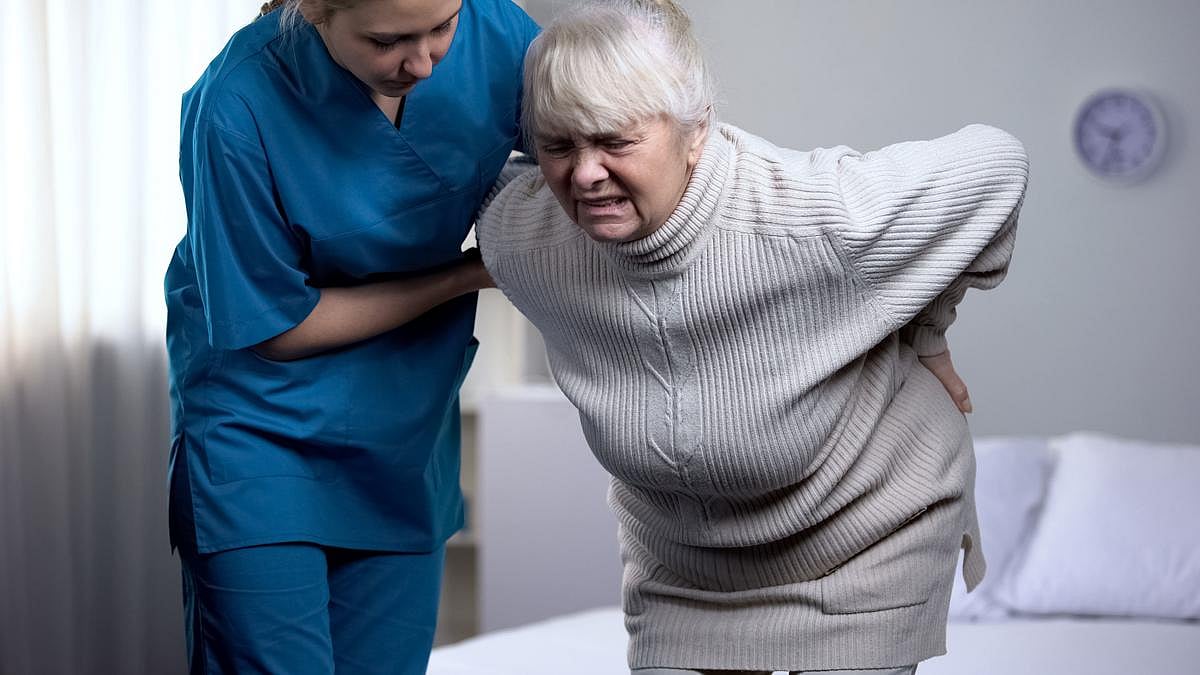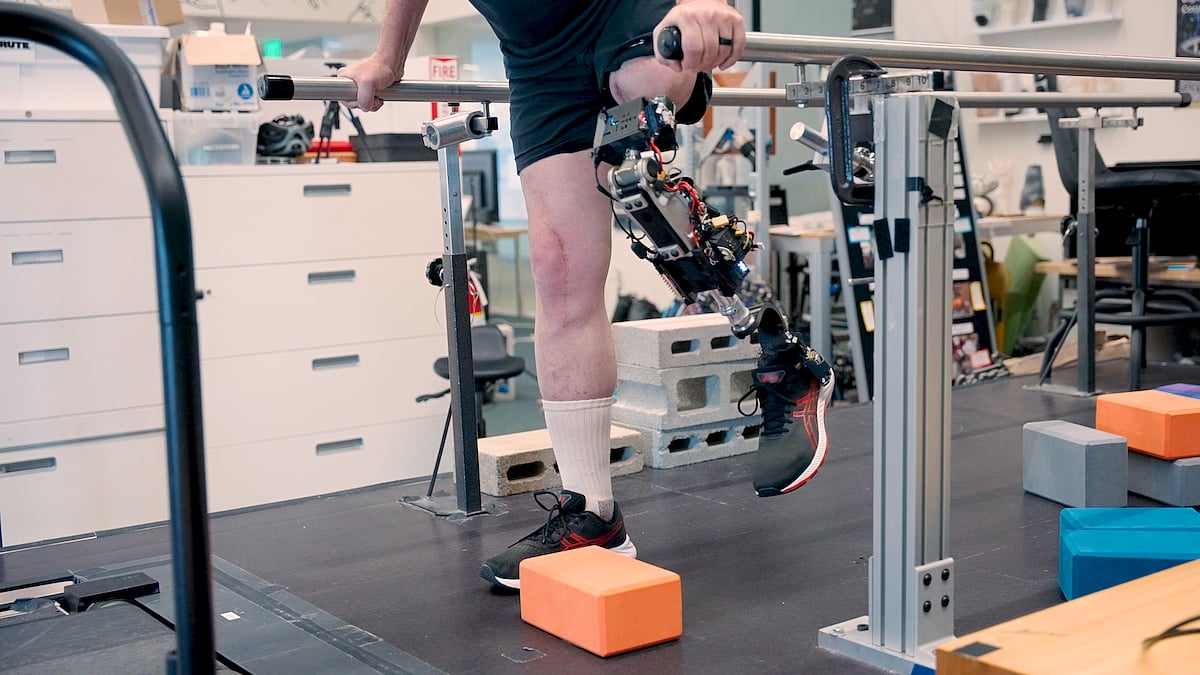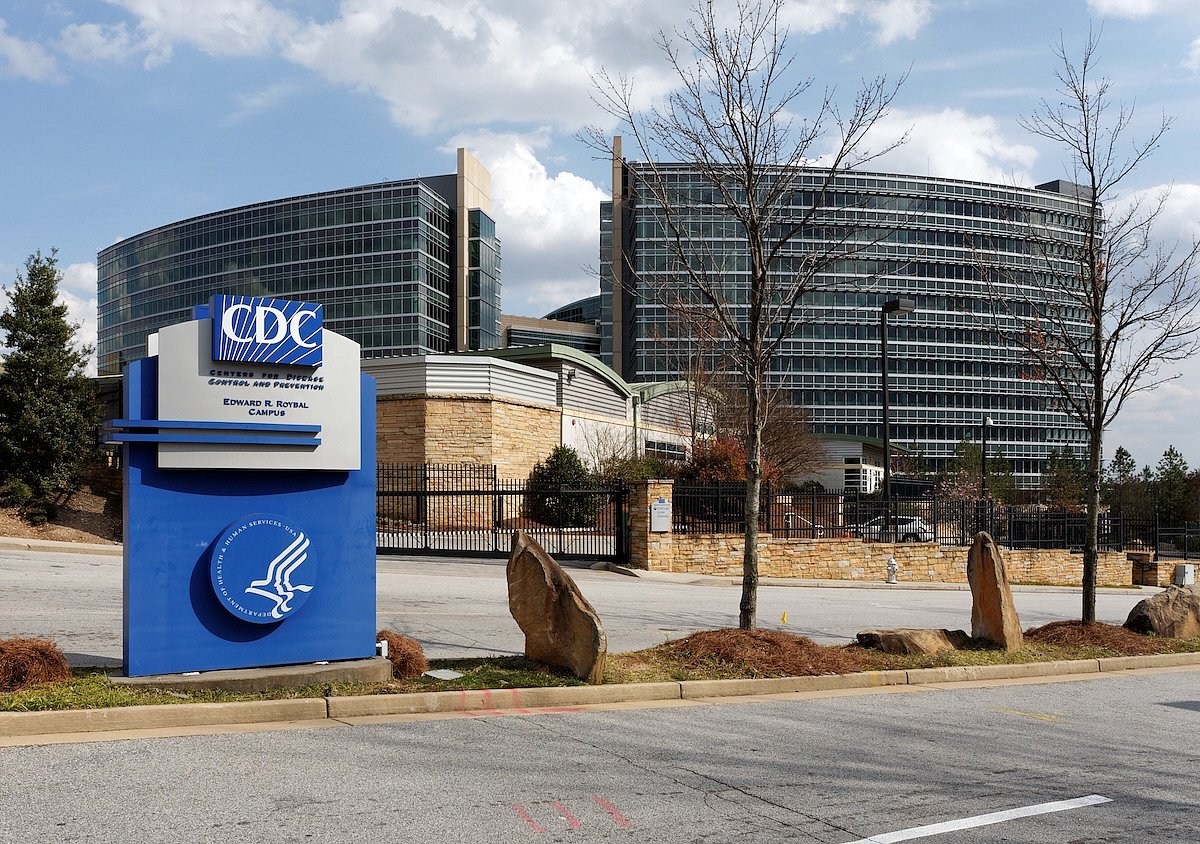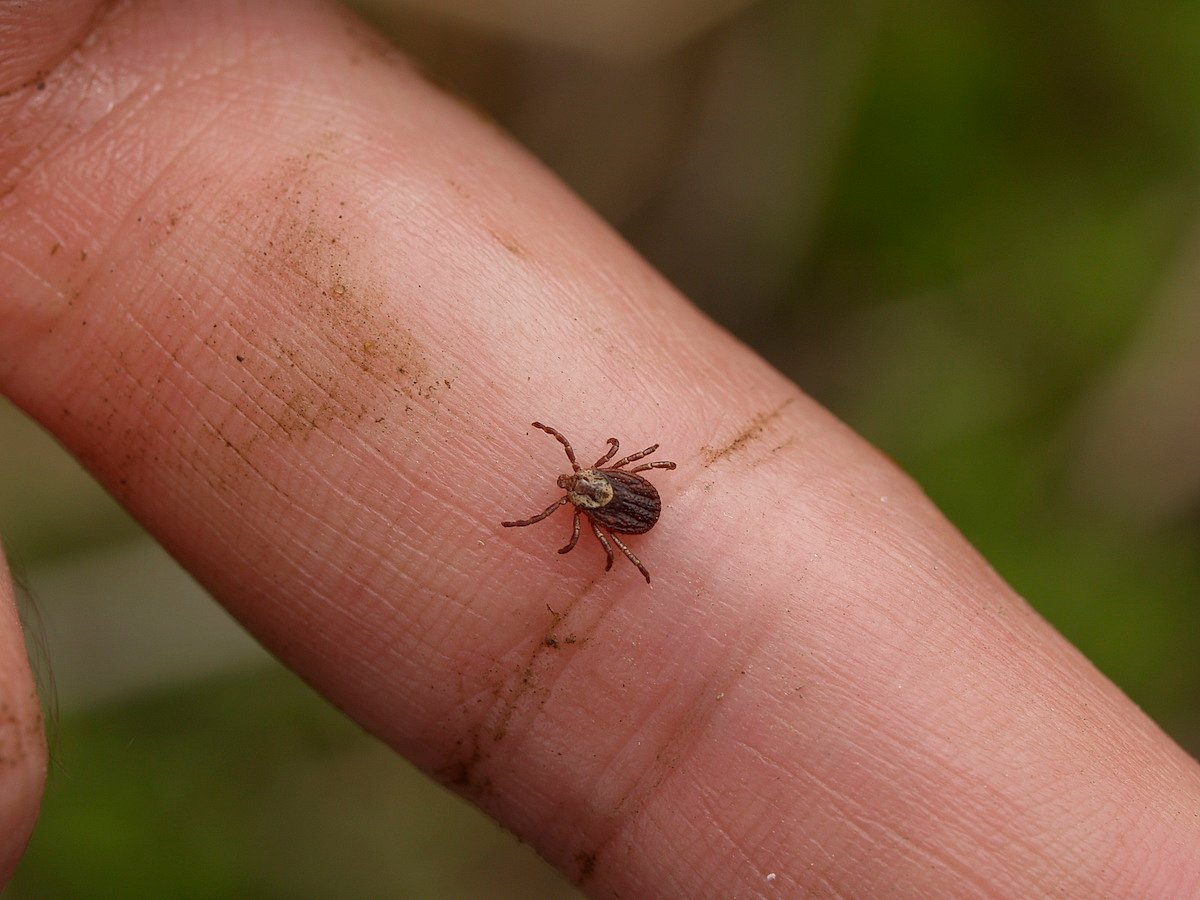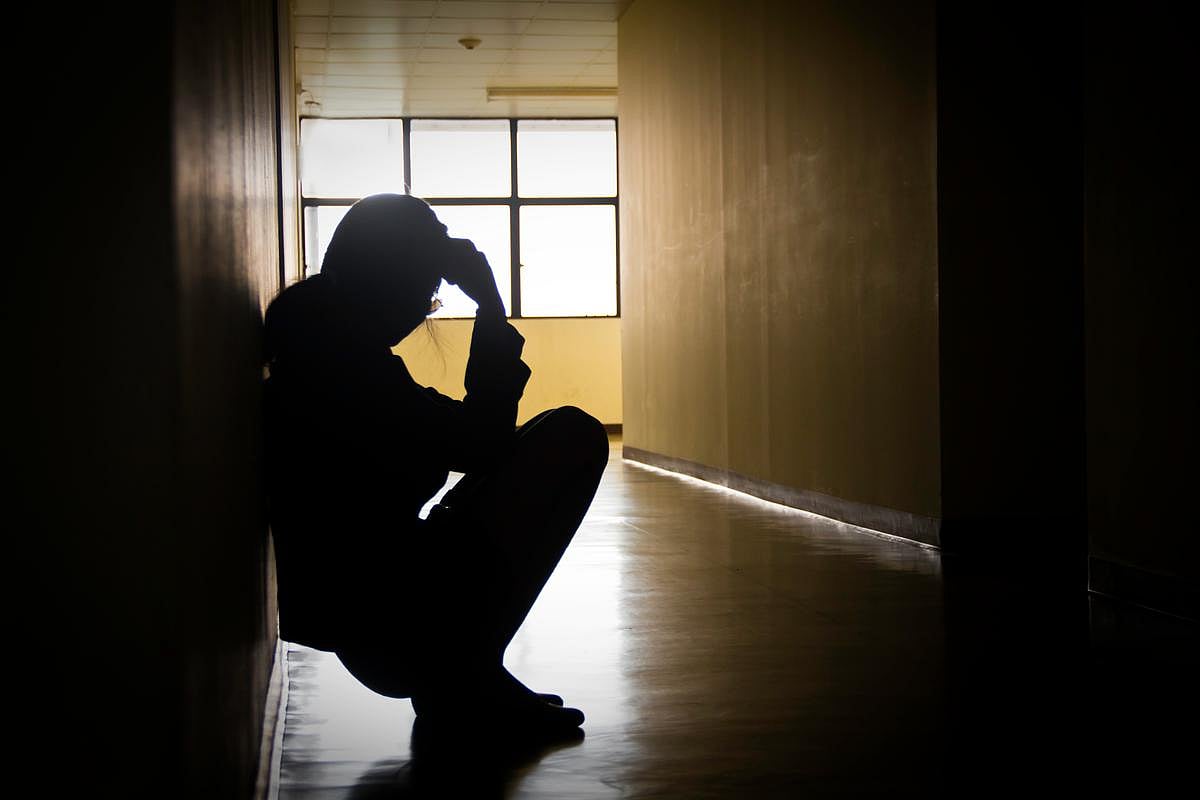Get Healthy!
Staying informed is also a great way to stay healthy. Keep up-to-date with all the latest health news here.
10 Jul
Severe Withdrawal From Antidepressants Uncommon, Study Finds
A review of 50 clinical trials on antidepressants and withdrawal concludes most patients experience one additional symptom, the most common being dizziness and nausea.
09 Jul
A Usually “Harmless Virus” May Trigger or Contribute to Parkinson’s Disease
A new study out of Northwestern Medicine finds evidence of the human pegivirus in the brains of people with Parkinson’s disease, but not in the brains of people without the neurological condition.
08 Jul
How Does BMI Affect Breast Cancer Risk in Postmenopausal Women?
A new study finds the combination of excess weight and heart disease in postmenopausal women is associated with an especially high risk of developing breast cancer.
About 1 in 3 U.S. Teens Now Have Prediabetes, New CDC Data Shows
A new government estimate shows that nearly 1 in 3 U.S. teens have prediabetes, putting them at risk for Type 2 diabetes and other serious health problems.
In a new analysis, the U.S. Centers for Disease Control and Prevention (CDC) says about 8.4 million 12- to 17-year-olds were prediabetic in 2023. That’s far more than the 18% esti...
- I. Edwards HealthDay Reporter
- |
- July 11, 2025
- |
- Full Page
RFK Jr. Cancels Key U.S. Health Panel Meeting Without Warning, Raising Concerns
U.S. Health Secretary Robert F. Kennedy Jr. canceled a meeting of government health panel that helps guide what preventive care is covered by insurance, alarming doctors and other health officials.
The U.S. Preventive Services Task Force (USPSTF) was set to meet Thursday, but members were told in an email Monday that the meeting would be p...
- I. Edwards HealthDay Reporter
- |
- July 11, 2025
- |
- Full Page
Ritz Peanut Butter Crackers Recalled Over Labeling Mistake
A labeling mistake has led to a nationwide recall of four different types of Ritz Peanut Butter Cracker Sandwich cartons, federal health officials said.
Mondelēz Global LLC, the parent company of Ritz, is recalling the products because some packages containing peanut butter may be incorrectly labeled as cheese, the U.S. Food and Drug ...
- I. Edwards HealthDay Reporter
- |
- July 11, 2025
- |
- Full Page
FDA Fully Approves Moderna’s COVID Vaccine for Some Young Kids
Moderna’s COVID-19 vaccine has received full approval from the U.S. Food and Drug Administration (FDA) for use in children with medical conditions that put them at higher risk of severe illness.
The move makes Moderna’s vaccine, called Spikevax, the first COVID shot for kids in the U.S. to be fully approved, rather than used un...
- I. Edwards HealthDay Reporter
- |
- July 11, 2025
- |
- Full Page
U.S. Cuts to HIV Aid Could Lead to 4 Million Deaths, U.N. Warns
Global deaths from AIDS have dropped to their lowest levels in more than 30 years, in part due to efforts to fight HIV. But U.S. funding cuts could soon reverse that progress, experts warn.
A United Nations report released Thursday says that if the money isn’t replaced, more than 4 million people could die of AIDS by 2029 and 6 milli...
- I. Edwards HealthDay Reporter
- |
- July 11, 2025
- |
- Full Page
Antidepressant Withdrawal Not As Severe As Thought, Evidence Review Says
People typically don’t suffer severe withdrawal symptoms or fall into depression immediately after they stop taking antidepressants, a new evidence review says.
There had been concerns that people who quit antidepressants would suddenly fall prey to depression or develop what’s known as antidepressant discontinuation syndrome.<...
- Dennis Thompson HealthDay Reporter
- |
- July 11, 2025
- |
- Full Page
Popular Chronic Pain Med Linked To Dementia Risk
A drug used to treat seizures, nerve pain and restless leg syndrome might be linked with increased risk of dementia, a new study says.
Regular gabapentin use appeared to increase risk of dementia by 29% and mild cognitive impairment (MCI) by 85%, researchers reported July 10 in the journal Regional Anesthesia & Pain Medicine.<...
- Dennis Thompson HealthDay Reporter
- |
- July 11, 2025
- |
- Full Page
Societal Stress Driving Trans, Gender-Diverse To Drink
Societal stress could be driving some transgender and gender-diverse people to the bottle, a small-scale study says.
People whose gender identity differs from their birth sex drink more alcohol and engage in more hazardous drinking than cisgender heterosexual peers, according to findings published July 6 in the journal Alcohol: Clinica...
- Dennis Thompson HealthDay Reporter
- |
- July 11, 2025
- |
- Full Page
Disposable Vapes Release Toxic Metals, Lab Study Says
People using cheap disposable vape devices are likely inhaling high levels of toxic metals with every puff, a recent study says.
After a few hundred puffs, some disposable vapes start releasing levels of toxic metals higher than found in either last-generation refillable e-cigarettes or traditional tobacco smokes, researchers reported in t...
- Dennis Thompson HealthDay Reporter
- |
- July 11, 2025
- |
- Full Page
Bionic Knee Allows Better Movement For Amputees
“Better. Stronger. Faster.”
Those words were written for TV’s bionic "Six Million Dollar Man," but they could soon apply to everyday folks with above-the-knee amputations, a new study says.
A new bionic knee allows amputees to walk faster, climb stairs more easily, and adroitly avoid obstacles, researchers reported ...
- Dennis Thompson HealthDay Reporter
- |
- July 11, 2025
- |
- Full Page
Life Expectancy in California Has Not Recovered From COVID Drop
Even four years after the start of the COVID-19 pandemic, California residents aren’t living as long as they used to.
New research published July 9 in the Journal of the American Medical Association shows that though the state’s life expectancy is improving, it hasn’t returned to pre-pandemic levels. In 2024, the...
- I. Edwards HealthDay Reporter
- |
- July 10, 2025
- |
- Full Page
Susan Monarez Advances in Process to Lead CDC
Susan Monarez is one step closer to becoming the next director of the U.S. Centers for Disease Control and Prevention (CDC).
On Wednesday, the U.S. Senate’s health committee voted 12-11 to move her nomination forward. The vote was along party lines, with all Democrats voting no, The Associated Press reported.
If confir...
- I. Edwards HealthDay Reporter
- |
- July 10, 2025
- |
- Full Page
Experts Say There’s No Safe Amount of Processed Meat
A new study finds that eating even a little processed meat, drinking soda or consuming trans fats puts you at risk for serious health problems.
The research, published recently in the journal Nature Medicine, looked at more than 60 earlier studies on how diet affects the risk of type 2 diabetes, colon cancer and heart disease.&nbs...
- I. Edwards HealthDay Reporter
- |
- July 10, 2025
- |
- Full Page
Lyme Disease Patients Aren't Getting Proper Follow-Up Care
Most folks diagnosed with Lyme disease aren’t getting the follow-up care they need, a new study says.
Only one-third of people (35%) with ongoing early-stage Lyme disease symptoms checked back in with their doctor, researchers reported today in the journal Frontiers in Medicine.
Further, evidence shows the U.S. Centers...
- Dennis Thompson HealthDay Reporter
- |
- July 10, 2025
- |
- Full Page
'Old' Brains Increase Risk Of Death, Alzheimer's
They say age is all in your mind — and that might literally be true, a new study reveals.
People with “young” brains — brains aging more slowly than their actual age — are much less likely to die or develop Alzheimer’s disease than those with “old” brains suffering from accelerated aging, res...
- Dennis Thompson HealthDay Reporter
- |
- July 10, 2025
- |
- Full Page
Air Pollution Linked To Common Brain Tumors
Folks who breathe in more air pollution have a higher risk of developing a common non-cancerous brain tumor, a new study says.
Several different types of air pollutants, including particle pollution and nitrogen dioxide, appear to increase risk of meningiomas — tumors that form in the layers of tissue that cover the brain and spinal ...
- Dennis Thompson HealthDay Reporter
- |
- July 10, 2025
- |
- Full Page
Lead Exposure Can Harm Kids' Memory, Study Says
Even low levels of lead exposure can harm kids' working memory, potentially affecting their education and development, according to a new study.
Exposure to lead in the womb or during early childhood appears to increase kids' risk of memory decay, accelerating the rate at which they forget information, researchers reported July 9 in the jo...
- Dennis Thompson HealthDay Reporter
- |
- July 10, 2025
- |
- Full Page
Loneliness Preys On Mental, Physical Health
Loneliness dramatically increases a person’s risk of depression and poor health, a new study says.
Half of folks who say they always feel lonely (50%) have clinical depression, compared with just 10% of those who report never feeling lonely, researchers reported July 9 in the journal PLOS One.
They also have many more ...
- Dennis Thompson HealthDay Reporter
- |
- July 10, 2025
- |
- Full Page
Trying to Quit Smoking? These Expert-Backed Tips Can Help
According to the U.S. Centers for Disease Control and Prevention (CDC), in 2022, the majority of the 28.8 million U.S. adults who smoked cigarettes wanted to quit; approximately half had tried to quit, but fewer than 10% were successful.
Many folks say quitting smoking was the hardest thing they have ever done. This includes pe...
- David Hill, MD, Chair, Board of Directors, American Lung Association HealthDay Reporter
- |
- July 10, 2025
- |
- Full Page
Barbie's Latest Look? It Includes an Insulin Pump and Glucose Monitor
Barbie’s latest look includes a polka-dot crop top, chunky heels — and an insulin pump.
Mattel has released its first-ever Barbie with type 1 diabetes, complete with a glucose monitor, phone app and a purse packed with supplies. The goal? To help kids with diabetes feel seen — and to show that managing a health condition ...
- I. Edwards HealthDay Reporter
- |
- July 9, 2025
- |
- Full Page








